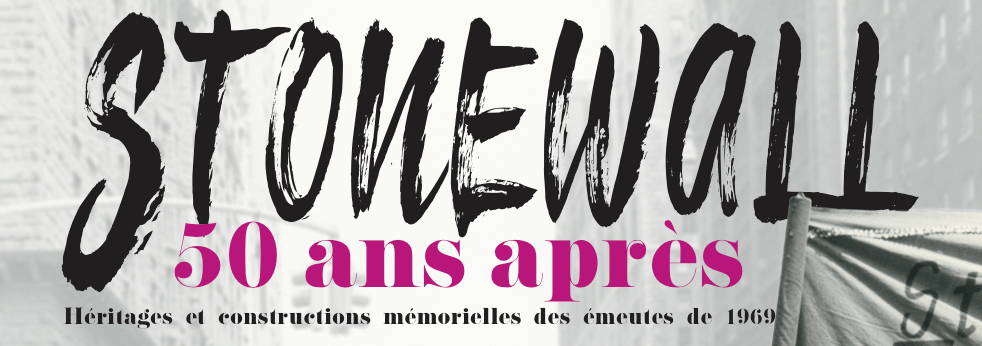Memorizing Stonewall is well established in the commodified official German pride parades as well as in the leftist / alternative / queer protests against these parades. Yet, the development especially of both the gay movement and the lesbian movement in West Germany in the 1970s as well as of the bisexual, transgender, and intersex movements in the following decades were grounded in specific local conflicts and debates (more or less independent from the US development). Furthermore, the development of these movements in West Germany and East Germany differed till the end of the 1980s.
Whereas small-scale demonstrations of (leftist) groups which often used “Stonewall” in their names were typical during the 1980s, associations of (gay) commercial venues started street festivals in the beginning of the 1990s. Fostered by international co-operations like Europride or Worldpride, pride parades in metropolises took up the US-influenced form only by the middle of the 1990s and evolved into week-long pride festivals drawing up to a million of participants by now.
Yet, tensions between the gay, lesbian, bisexual, transsexual, transgender, and intersex movements prevail and show up in discussions on official slogans and catalogues of demands, on visual representation of different identities in public relation material as well as on selecting representatives for steering committees of pride organizations. Furthermore, the leftist critique remains and sometimes embraces aspects of queer politics – especially. in Berlin – and has led to counter-events or separate demonstrations (best known is the “Transgeniale CSD” in Berlin-Kreuzberg till 2013).
Against this historical background, a long-term empirical study based on visual ethnography and the analysis of various cultural productions is being carried out since 2001. This study has documented the various political debates around pride parades, the shifting memory of the Stonewall riots, and the forgetting of the specific histories of LSBTI/Q movements in Germany. With this, the study sheds new light on the on-going debate between politics of assimilation, participation, and emancipation.
This presentation will show, on the one hand, how the gay, lesbian, bisexual, transsexual, transgender, and intersex movements in Germany developed (partly) independently of the US context and, on the other hand, how certain selected aspects of the Stonewall riots as well as of particular political strategies developed after Stonewall in the US were re-modeled in the German context.
Speaker
Dr. Lüder Tietz is a researcher at the school of linguistics and cultural studies at the Carl von Ossietzky university in Oldenburg, Germany, with a focus on gender, queer, and sexuality studies. He has been participating in LGBTI/Q demonstrations and pride parades in different functions for more than 25 years – as on-looker, participant, protester, representative, and researcher. He has been studying pride parades in Germany for more than 15 years and so far delivered several talks to various academic and non-academic audiences as well as published 4 articles on the topic. For more infos (in German): https://uol.de/materiellekultur/lehre/hauptamtlich-lehrende/dr-lueder-tietz/

 PDF version
PDF version
